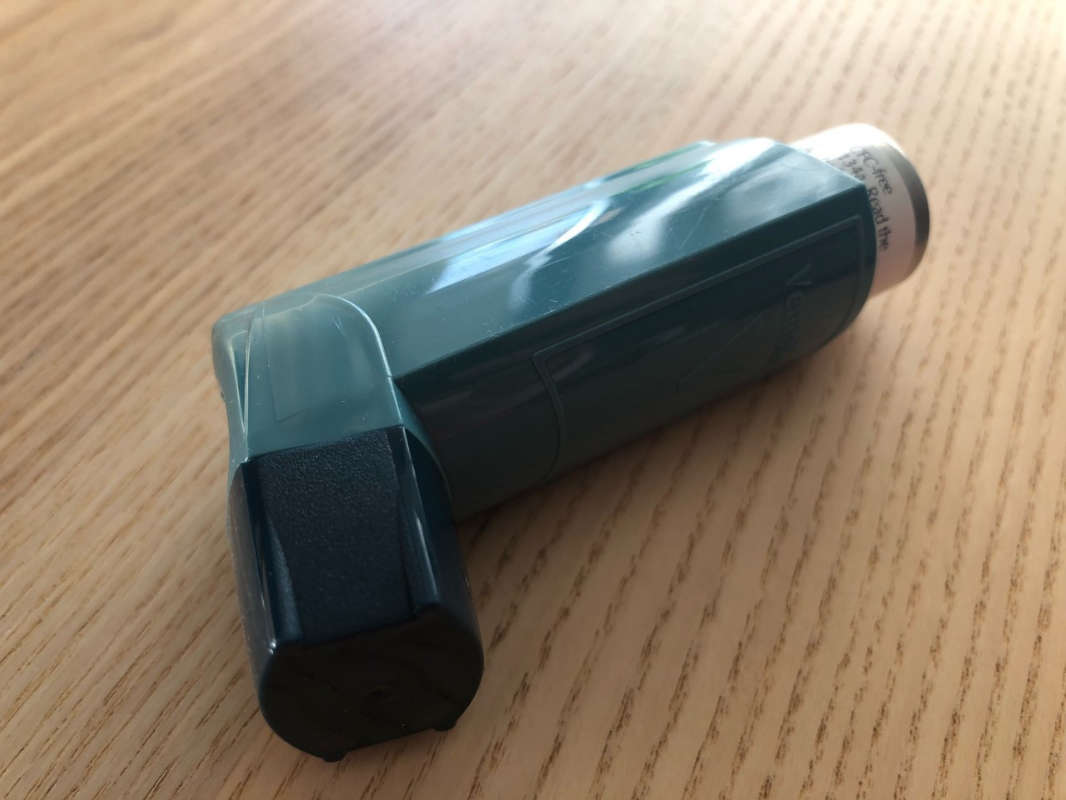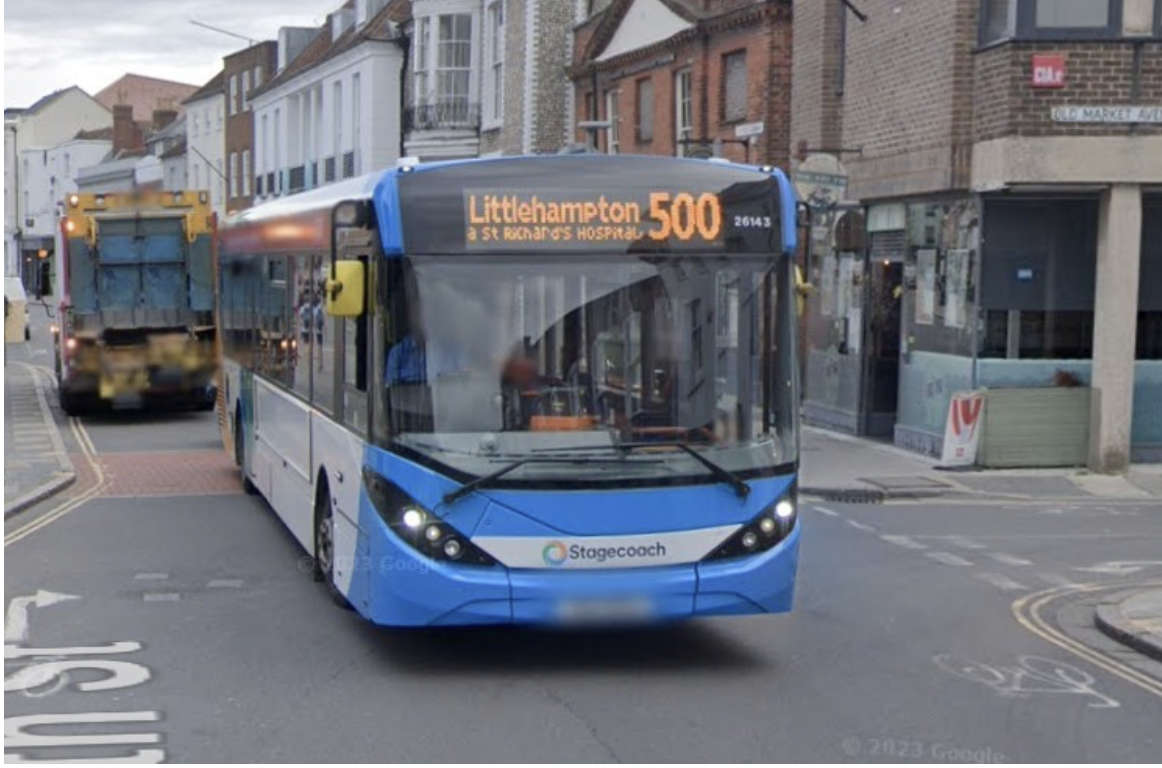
If patients on one respiratory ward changed the inhaler they were using, their collective carbon footprint could reduce by about 90% in one year - the equivalent of driving around the world three times.
The study was carried out by clinicians at University Hospitals Sussex NHS Foundation Trust.
Across the NHS these small inhalers, such as those used by people with asthma and other respiratory conditions, contribute a disproportionate amount to the NHS carbon footprint – between 3 and 4%.
In October last year, the NHS committed to deliver the world’s first Net Zero Carbon health service, responding to climate change and improving health now and for future generations.
The NHS Long Term Plan set targets to deliver on these ambitions and by moving to lower carbon inhalers, such as dry powder inhalers (DPIs), significant gains can be made.
In the week that COP26 begins in Glasgow, the most important climate change event of our lives, UHSussex, revealed the success of their own inhaler change project.
Certain inhalers contain a potent greenhouse gas as a propellant, to administer the medicine into the patient’s lungs. These types of inhalers are known as MDIs, or metered dose inhalers.
While the gas itself is not harmful to inhaler users, the emissions from exhalation and in disposal of the devices, has a powerful carbon footprint effect.
There are, however, alternatives to MDIs, such as DPIs, which are dry powder inhalers.
Respiratory experts at UHSussex set out to see what the difference could be if patients used the DPI inhaler instead of the MDI – which currently account for about 70% of all inhalers in the UK.
Dr Bethan Davies, medicine chief registrar worked with Dr James Myerson, Respiratory Consultant at UHSussex, and said:
“All NHS trusts have to reduce their carbon footprint under the Greener NHS programme and we wanted to see how we could make a difference with the patients we see – how we could reduce our medicinal carbon footprint.
"These alternative devices can reduce the carbon footprint of inhalers by up to 95%.
“Over a year we measured the volume of inhalers prescribed to 169 patients on discharge from Pyecombe respiratory ward at the Princess Royal Hospital in Hayward’s Heath.
“We found 63% were MDIs; if these were switched to DPIs, the carbon footprint of inhaler use in this group of patients could be reduced from nearly 24,000kg of CO2e to less than 3,000kg over a year. That’s about a 90% reduction. That’s a massive amount.
“Incredibly, that’s the equivalent of driving around the world three times, which vividly demonstrates how small changes really can make a huge difference.”
The team’s findings have been presented to a respiratory governance meeting, as well as to the national Sustainable Healthcare Academic Research Enterprise (SHARE) conference. The respiratory team has also presented their findings to other NHS trusts.
An inhaler working group is being set up and a medicine clinical fellow appointed to work on reducing MDI prescribing across UHSussex.
Dr Davies added:
“Reducing the carbon impact of inhalers is one of the top priorities of the Greener NHS programme - and we need to get the use of MDIs down. I am proud and excited that UHSussex is at the forefront of this.”


 Council Calls On West Sussex Residents To Consider Fostering
Council Calls On West Sussex Residents To Consider Fostering
 Meghan, Duchess Of Sussex, Says Nigeria Is 'My Country' On Visit With Prince Harry
Meghan, Duchess Of Sussex, Says Nigeria Is 'My Country' On Visit With Prince Harry
 Two Men Wanted In Connection With Hastings Fatal Collision
Two Men Wanted In Connection With Hastings Fatal Collision
 M25 Reopens Seven Hours Ahead Of Schedule
M25 Reopens Seven Hours Ahead Of Schedule
 More 'Live' Bus Information Screens To Be Installed In West Sussex
More 'Live' Bus Information Screens To Be Installed In West Sussex
 Rare Bee Found In Lewes
Rare Bee Found In Lewes
 Event Bookings Go Live For Worthing Festival ‘24
Event Bookings Go Live For Worthing Festival ‘24
 Man Charged After Throwing Brick Through Brighton Restaurant Window
Man Charged After Throwing Brick Through Brighton Restaurant Window
 Peacehaven Man Disqualified Over High-Speed A27 Pursuit Near Brighton
Peacehaven Man Disqualified Over High-Speed A27 Pursuit Near Brighton
 Appeal After PCSO Assaulted In Uckfield
Appeal After PCSO Assaulted In Uckfield